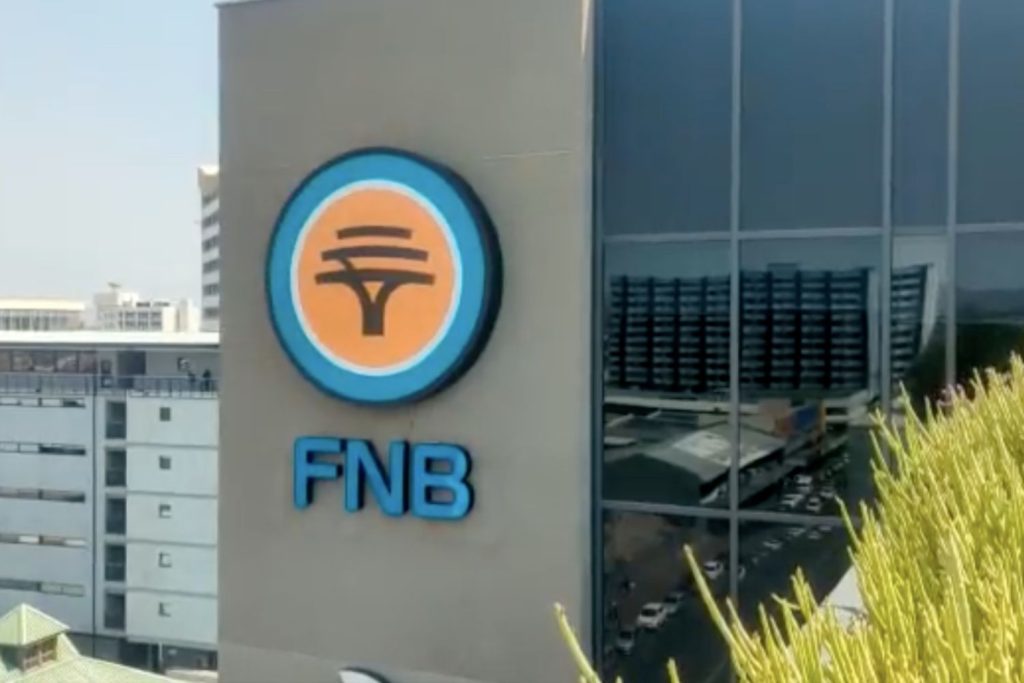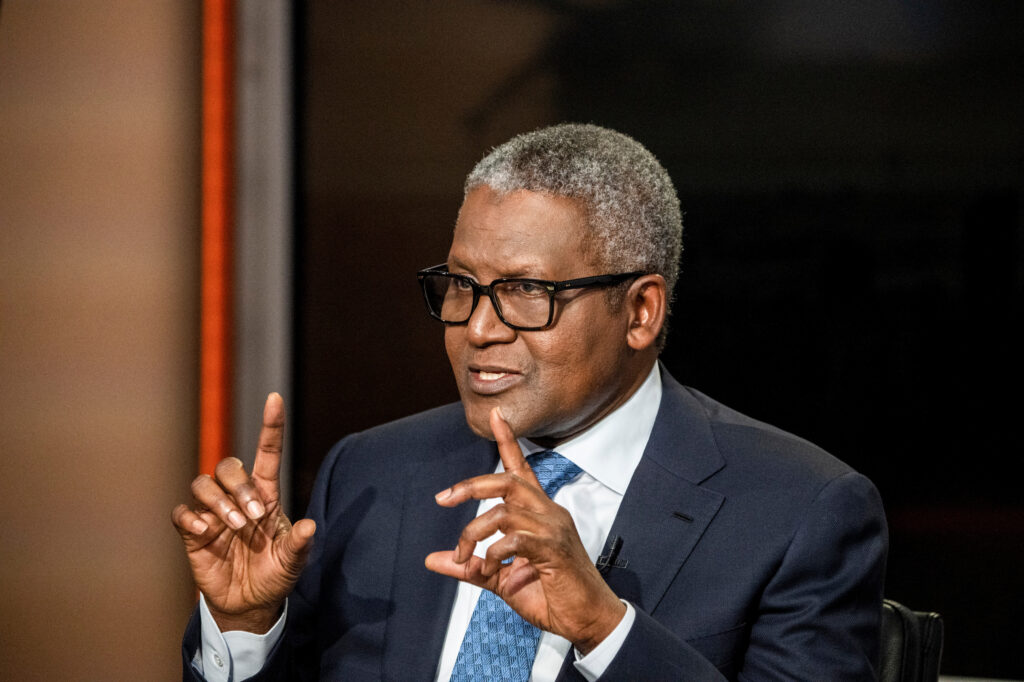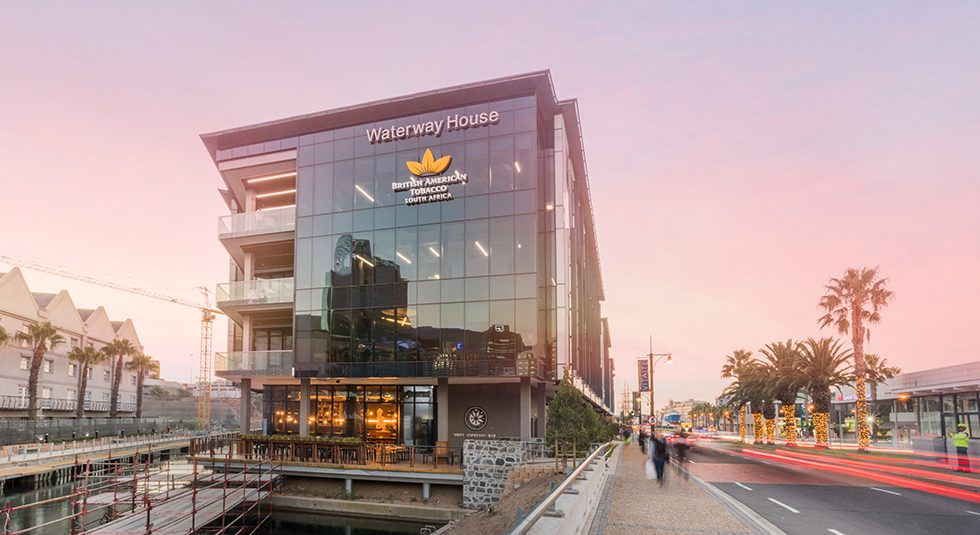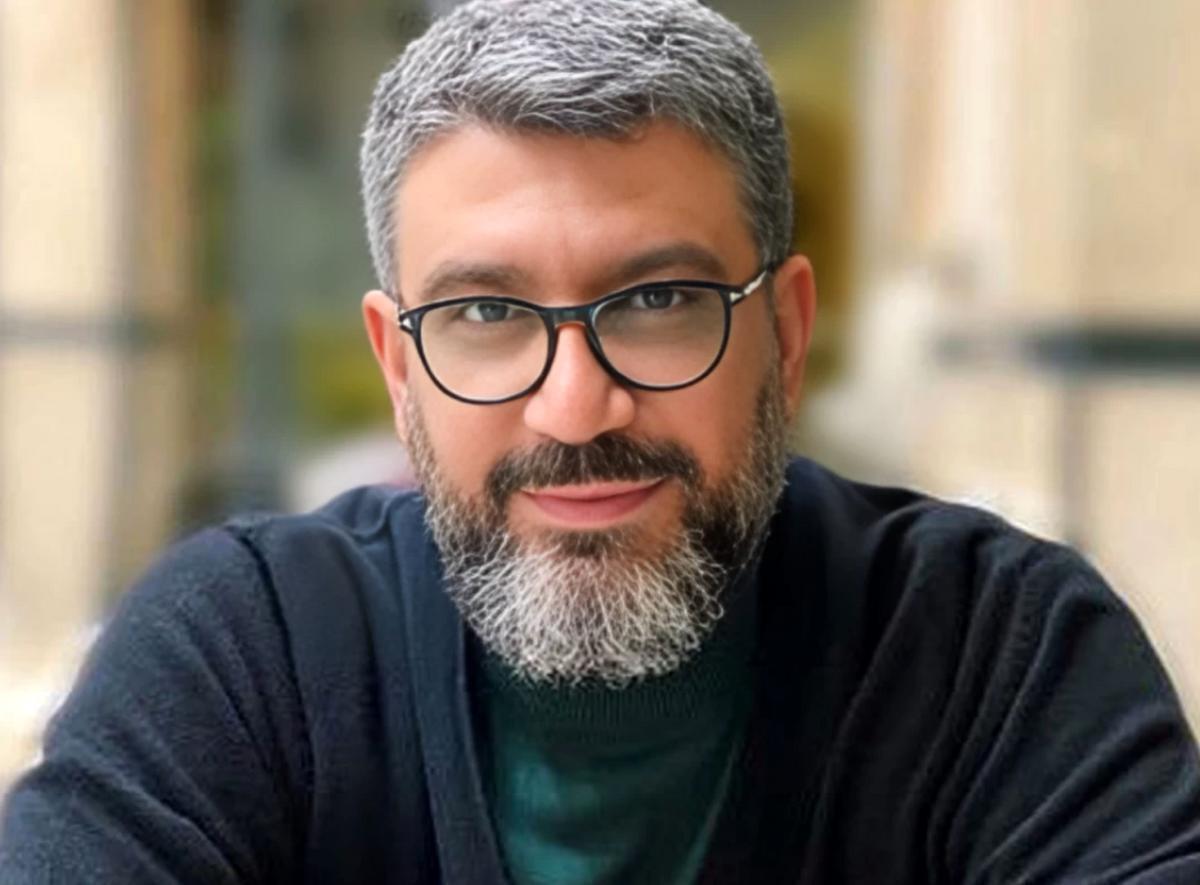You can also listen to this podcast on iono.fm here.
SIMON BROWN: I’m chatting with Israel Skosana, the Chief Product and Scheme Officer at BankservAfrica.
Israel, I appreciate the time today. Financial inclusion is a phrase that is [bandied] around a lot in the South African environment. But if we look for really proper financial inclusion, it needs to go beyond bank accounts. It needs to be payment tech as a hugely important part of that inclusion.
ISRAEL SKOSANA: Good day, Simon, thank you for having me on, indeed. And it plays to the theme of digital payments playing a key role to enable financial inclusion and serving the underbanked. We have to deal with the facts, first and foremost. In the context of South Africa, R30 billion per year is spent on the production, security, handling and transport of tech.
So if you sit with that number for a few seconds, you think, oh, what is the opportunity; how as a country can we be more efficient? How can SA Inc thrive by taking on that cost of cash in the environment? Digital payment is that solution which then underpins the financial inclusion solution that we talk about.
Read:
‘Africa’s progress doesn’t lie in Washington’ – Macozoma
Cross-border payments at the speed of a local EFT
SA Inc could be about to outshine US tech …
SIMON BROWN: To your point that is a giant number, and we’re seeing some really great advances in recent years. PayShap is one example. I use it, I love it, it’s absolutely brilliant. It’s instant. We’re seeing great tech coming through in terms of the payment tech.
ISRAEL SKOSANA: Indeed. And I think it’s because the technology is also getting to a point that it enables fast, reliable and secure transactions. So, as those feats in technology take place – such as cloud computing – it allows for us to say, how do we bring that to the consumers? How do we make sure that the same confidence that is provided for corporates in Sandton doing a transaction is provided to a trader sitting in Vilakazi Street, for example?
So it’s really trying to make sure that continuation of that secure enablement of payments takes place irrespective of environment.
SIMON BROWN: That’s actually a great point. I hadn’t thought of it that way because, if I do an EFT for my bank and it’s between different banks, it’s going to be an overnight process, and I’m just used to that. Truthfully, what we see now – and again I go back to PayShap because it’s one I’ve used – it’s actually instant. It actually gives that trader in Vilakazi Street a slight edge on the corporate in Sandton.
ISRAEL SKOSANA: It does indeed. And I think this is where that efficiency plays through. Why does there need to be a delay in terms of funds being transferred? Is there a way to make sure that it is instant, at the same time providing the security that we spoke about?
But that is the evolution of payments that’s underway. And in the South African context this is world class. This is exactly what economies need in order for them to thrive. You want to see that velocity of money flowing through the economy, not having delays that take place that could halt that progress that is required. So, if anything, it’s a time where technology payments are coming together for the betterment of SA Inc.
Listen/read:
South Africa’s R1trn sector: Spaza shops, taxis and backrooms
SIMON BROWN: And world class. I still have American friends who pay their rent with a cheque, and the younger listeners don’t know what I’m referring to when I say, ‘a cheque’.
That massive cost of cash which as a consumer I see either depositing into the bank – but more realistically probably for the trader in Vilakazi Street – is the drawing at the ATM. There’s a cost around that. In essence, if we sort of slice that lower, it’s also putting money into the trader’s hands. They’ve less transaction fee, which is hugely important.
ISRAEL SKOSANA: And working capital. So you suddenly have that instant working capital available to you, which can allow for your business to operate, the oil of the economy flowing freely. And I think that’s where the biggest learning is – to make sure that payments have as little friction as possible. So the solutions that BankservAfrica are designing, in conjunction with the Reserve Bank, in conjunction with the banks and even now with non-banks, is to make sure that payments can take place as frictionlessly as possible. And it should be happening in the background. You shouldn’t notice it.
If I think back to the history of BankservAfrica launching EFTs in 1975, stuff which maybe for the older listeners is the brand that allowed for interoperable ATM withdrawals – you’ve got this all in the background taking place. It means that it’s time for additional pairing … because technology is evolving, because regulations are also opening up to allow for the latest and greatest to come through. And PayShap is an example of that from 2023. We’ve seen around about R285 billion in transaction value since its launch, and that growth continues to have that multiplier effect where we could see that hitting comfortably in the R500 billion space at some point in time.
SIMON BROWN: You mentioned working in conjunction. I imagine that is a huge part of it. It is collaboration between the different parts of it. It’s banks, it’s regulators, it’s everyone sort of working together on it. These things can’t happen in silos.
ISRAEL SKOSANA: And Simon, that’s because there’s an understanding that this is an ecosystem. In order for an ecosystem to thrive, all stakeholders need to be around the table, and that’s why it’s great to see the regulator and the central bank being involved in those conversations.
It’s excellent to see the banks creating space for retailers, MNOs [mobile network operators] and fintechs to be part of that.
So, if anything, that ecosystem can thrive because of the collaboration that is taking place. There’s not one party that can make this a success at all. It has to be a combination of all those stakeholders.
SIMON BROWN: Chatting with you – and again referring back to my friends in America – where are we in the global space? My sense is we’re probably right up there, if not frankly leading.
ISRAEL SKOSANA: Indeed. There are some global rankings that place us in the top five. And especially when it comes to digital payments, when it comes to our neobanks, digital banks, we have some great examples in the South African context. We definitely have the evolution of our traditional banks getting to that level, challenging the status quo – internet banking, app banking – with all their financial reports showing how digital banking is increasing.
So there is definitely a benchmark set by South Africa that other countries are watching and other central banks are observing to see how they can get to that point; but they all sit with the same challenge. It’s that cost of cash, that dependency on cash. And that is exactly what needs to change in order for the economy to thrive by getting to adoption of those digital payments.
SIMON BROWN: Yes. And it is a thriving economy – from the trader in Vilakazi Street all the way up to the corporate incentive.
We’ll leave it there. Israel Skosana, Chief Product and Scheme Officer at BankservAfrica, I appreciate the time.

 4 hours ago
1
4 hours ago
1






















 English (US) ·
English (US) ·